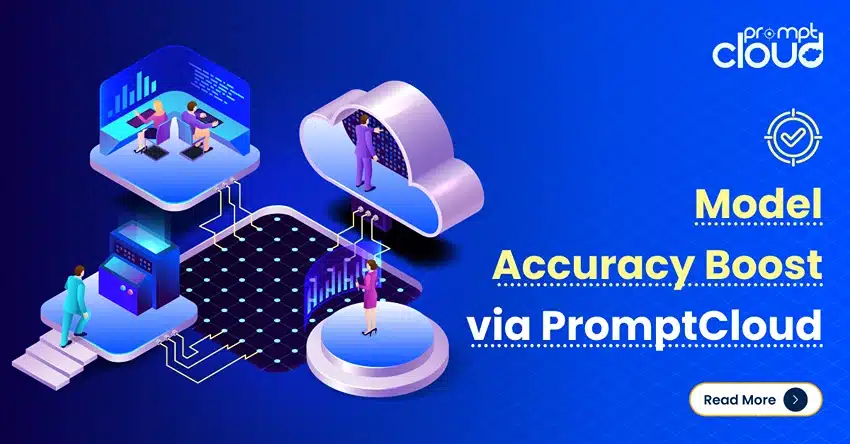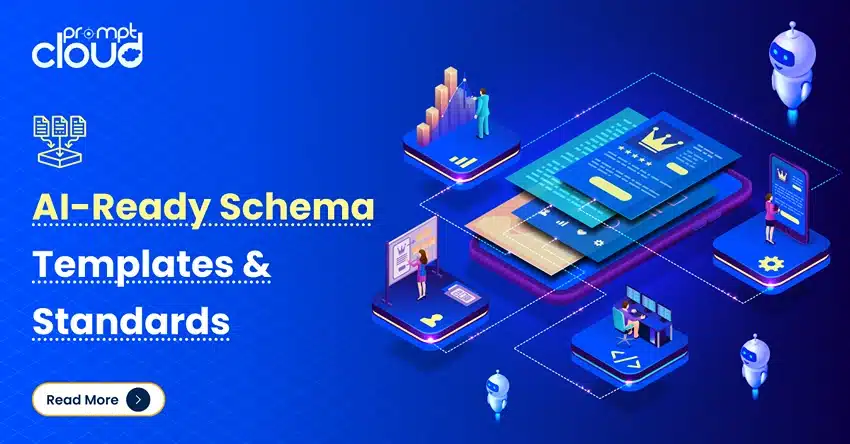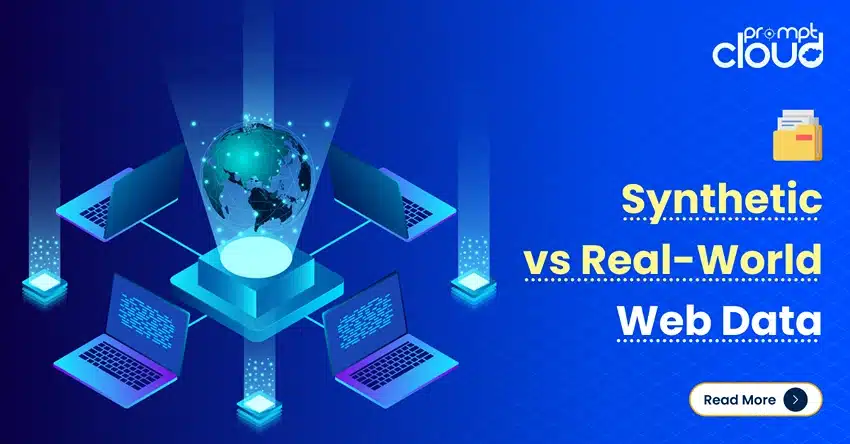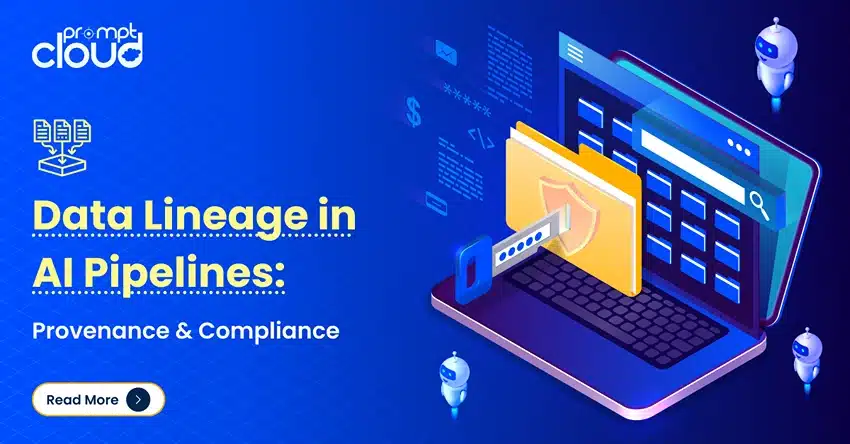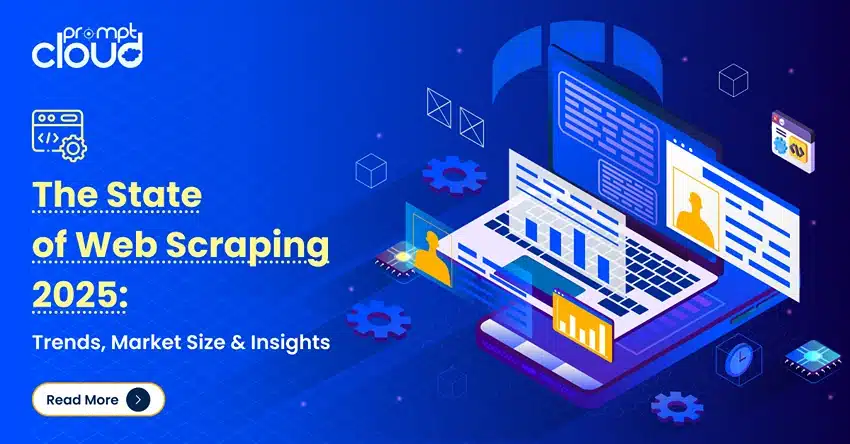Like always, first things first. If you go on to google GDPR, chances are that this definition by Wikipedia will come up on top
The General Data Protection Regulation
“The General Data Protection Regulation (EU) 2016/679 (“GDPR”) is a regulation in EU law on data protection and privacy for all individuals within the European Union (EU) and the European Economic Area (EEA). It also addresses the export of personal data outside the EU and EEA areas. The GDPR aims primarily to give control to individuals over their personal data and to simplify the regulatory environment for international business by unifying the regulation within the EU.”
Not too clear, is it? Well, what it basically means is that, when you are collecting, processing, selling, or buying personal data of customers, who live in the EU, as well as EEA countries of Iceland, Liechtenstein, and Norway, you need to make sure that you have explicit consent from the users for storing or transferring the information. You cannot say that “The customer typed these details in a form or data field in my website, and so I am storing it.” No, you need to take explicit permission, and the customer should have an opt-out option as well, in case the person decides that he or she does not want their data to be publicly available later on.
This regulatory framework brings both opportunities as well as restraints to the table. Companies that use web-scraping as a tool can boost their businesses by helping others be GDPR-compliant, and at the same time, they also need to make sure that they are not scraping private information of EU citizens (and any person for that matter) without their consent. We will discuss both sides of the coin.
How does GDPR deal a blow to companies scraping personal information?
GDPR strictly deals with personal data, to make sure that people cannot make unfair use of the data. The latest scandals involving Cambridge Analytica and Facebook actually brought the need for such a framework in front of people. Data is power, and in the wrong hands, it can even influence the election results of the world’s most powerful nations. So in case, you are working with data related to product descriptions, or technical details, and so on, you need not worry about GDPR. Most web scraping service providers like PromptCloud in fact, do not crawl personal information. Some companies do crawl emails that they use for marketing campaigns and lead generations.
But unfortunately for email scrapers (or fortunately for the customers), even email and mobile numbers come under the purview of personal information under GDPR, and you need consent before scraping it. Most companies are tackling this problem by creating simple tools (tax calculator, wealth calculator, and more) which in turn act as the data-collecting engines for the companies. However, the rules not only apply to future web scraping activities but also data that you currently have stored in your database. You need to make sure that for all the personal data you have in your database; you have consent from the owners.
To sum up, there are three main factors that companies have to deal with when it comes to GDPR:
- Get consent: As per the law, whether you want to store the name, email address, or even IP addresses of customers, you have to ask them for consent.
- Report data breach: Data stored by companies are vulnerable to hacks. Sometimes when data breaches occur, they are not reported out of fear of public backlash and a media circus. This can’t continue under GDPR. Companies have only 3 days (72 hours), to inform users, in case of a data breach.
- No extra data can be collected: Whenever you are scraping data, every single piece that you crawl, reporting done, and you have to have a valid reason behind scraping it. You cannot just state “future needs” as the reason for scraping certain fields of data, that you currently don’t need, but are collecting nonetheless. It might lead to a hefty fine.
But you see, the opportunities that have arisen out of GDPR far outweigh the restrictions.
How can GDPR increase the client base of web scraping companies?
Security and compliance companies are the ones that benefit the most out of GDPR. Not only has their client-base increased a manifold overnight. The GDPR guidelines ask for companies to make sure that data breaches continuously monitored. This has made big companies go into partnerships to be GDPR-compliant. The service industry has benefited hugely from it because most companies were caught unaware and unready when the guidelines actually came into action.
Most big tech companies deal with millions of customers and thousands of vendors and do not currently have a system to map all their data and find which of them are personal information and need to be guarded well. This is where web-scraping companies come in. Auditing of current practices and management of personal data of customers as well as online visitors have done manually for big companies, because when they were formed years back. They were not aware that such a compliance framework can come into effect one day. With petabytes of data collected by some company websites, the process of auditing gets more and more difficult.
One example of how web scraping can be helpful in the auditing process is the web page monitoring solution. For instance, a targeted list of web sites can be provided to the scraping service provider and the company can build crawlers to detect various data tracking mechanisms of the website like the following:
- Google Analytics/Tag manager
- Facebook or Quora pixel for advertising
- User behavior recording solutions
- Third-party chat apps
This can be continuously monitored so that necessary actions can be taken for compliance. Also, this ensures that whenever there is a change in the data collection techniques. The website’s terms of use and consent collection plan updated.
Noe that this is particularly a problem for large organizations such as big universities, government and law agencies, multinational corporations with operations across continents, who’ve built large highly distributed sites with numerous contributors. Using page monitoring setups built by PromptCloud, one can easily identify all the points of access and take necessary steps.
Data Usage for Medium-Sized Businesses
For small and medium-sized businesses, handling users’ personal data is not going to be particularly challenging, however. For large old websites usually have multiple contributors of data. Keeping track of the personal information displayed on their website might prove difficult.
There is also an opportunity at the other end of the spectrum. Companies that wish to know whether any personal information about their associates has been exposed. You can just submit a list of all its associates. And its brand details to an experienced web scraping service provider. They would easily be able to find if their information has been exposed openly by any website. And in turn, pursue legal action.
These services are not just availed by the companies in the EU. But also tech giants in other countries such as the USA, and India. These are the countries that deal with clients worldwide (including the EU). They need to make sure that they are GDPR compliant to not fined.
GDPR is in its infancy. And there is time for companies and brands to start changing for the good before time runs out. While the disadvantages might stick out currently. It might in fact help companies prevent lawsuits and out-of-court settlements that have taken place before. Sticking to the GDPR guidelines. Making most of the framework can, with time. You can prepare these companies for the future. When most countries will be having strict rules to regulate data and prevent its misuse.









